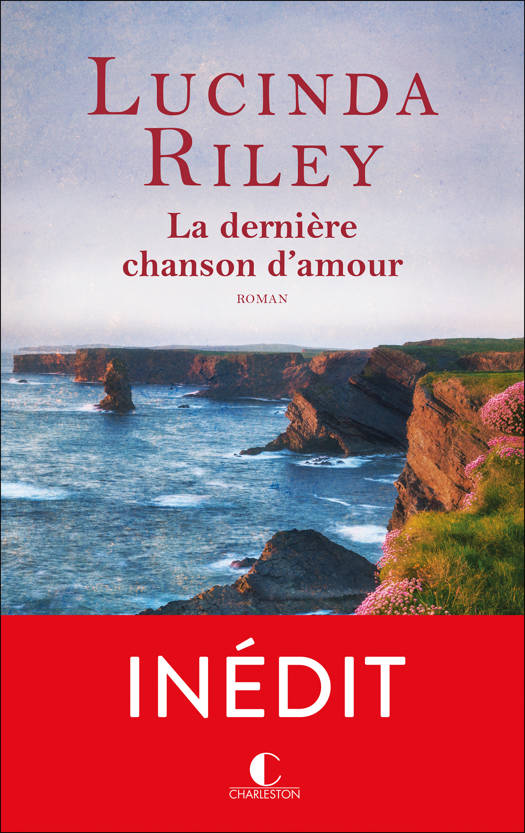
- Retrait en 2 heures
- Assortiment impressionnant
- Paiement sécurisé
- Toujours un magasin près de chez vous
- Retrait gratuit dans votre magasin Club
- 7.000.0000 titres dans notre catalogue
- Payer en toute sécurité
- Toujours un magasin près de chez vous
Pedagogies of the Image
Photo-Archives, Cultural Histories, and Postfoundational Inquiry
Hannah M Tavares
73,95 €
+ 147 points
Description
This work considers the potential of photographs for orienting in a critical direction the scope, questions and interests of the disciplinary conventions of the field of educational inquiry. Visual objects may help illuminate broader socio-historical events and logics that are deeply entwined with education yet remain marginal to or "outside" of what constitutes its domain of study. In this work photographic images are treated as resources for re-visioning the founding disciplinary objects of educational studies by reorienting its proper objects of study, traditional archives, persistent categories, frames of reference, and accepted portals of research and inquiry. A theoretic framing shapes the question taken up in this work, "How might an engagement with photo-archives open new horizons in the study of education from a postfoundationalist, multi-theoretic and cross-disciplinary perspective?" The author constructs a rather unconventional vantage point to explore this question that opens on to the discursive spaces of three photographs made of three women in the years 1897, 1949, and 1966. The photographs are analysed from three theoretic approaches. First, it is indicated how each photographic image not only marks a relationship to the past, the present, and the future but to the rules and conventions of photographic practices. These particular images give an account of what both persists and exceeds the photographic image, and permit to rewrite the bodies and lives pictured. Second, the subject matter of each photographic image while singular and local bears witness to the complex network of racial, patriarchal and colonial logics and their profound imbrication with a "technically mediated inscription." For all their singularity the photographs cannot but evoke their relation to the deeply historical character of photography. Finally, the photographs make possible an account of broader occurrences, subterranean histories, contexts, and differently situatedexperiences that illuminate, much like the principle of montage, a sequence of overlapping events crosscutting with one another consequently throwing open the possibility of responding to and transforming the histories and archives we are given.
This book 'Pedagogies of the Image' is a winner of the 2017 American Educational Studies Association Critics' Choice Award
This book 'Pedagogies of the Image' is a winner of the 2017 American Educational Studies Association Critics' Choice Award
Spécifications
Parties prenantes
- Auteur(s) :
- Editeur:
Contenu
- Nombre de pages :
- 105
- Langue:
- Anglais
- Collection :
Caractéristiques
- EAN:
- 9789401776172
- Date de parution :
- 23-06-16
- Format:
- Livre broché
- Format numérique:
- Trade paperback (VS)
- Dimensions :
- 156 mm x 234 mm
- Poids :
- 172 g

Seulement chez Librairie Club
+ 147 points sur votre carte client de Librairie Club
Les avis
Nous publions uniquement les avis qui respectent les conditions requises. Consultez nos conditions pour les avis.







